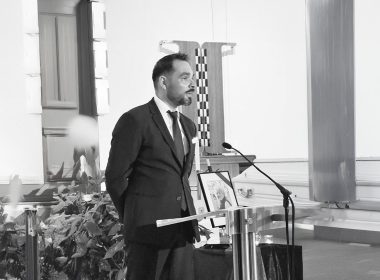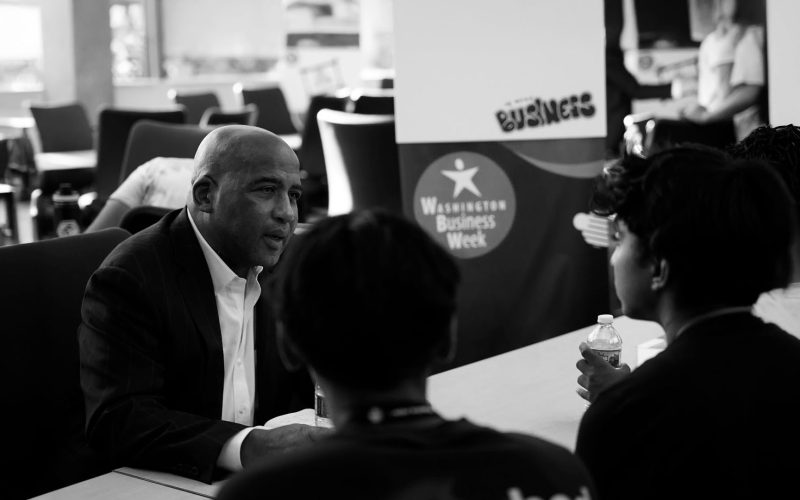Hiring the right people has gotten a lot harder lately. Skills matter, but they’re not everything anymore. Gary Perman learned this the hard way during his 25-plus years helping transportation and industrial technology leaders build better teams. The real challenge isn’t finding someone who can do the job, it’s finding someone who fits how your team actually works.
Identify Your Team’s Operating Style
Perman has watched plenty of talented people crash and burn because nobody thought about cultural fit. The technical skills were there, but something else was missing. “It’s not just about skills anymore,” he explains. “If someone doesn’t share your pace, standards, or mindset, you’ll either burn out or drag your team down.” That mismatch shows up in different ways. Maybe the new hire works too slow for a fast-moving team, or pushes too hard in a place that values balance. Either way, the friction spreads. One person operating on a different wavelength can throw off the whole group. He has seen teams lose their rhythm when the wrong person joins, even if that person is perfectly capable on paper.
Here’s where most companies get it backwards. They spend all their time evaluating candidates without really understanding their own team first. Perman flips that around completely. “Before you assess a candidate, assess your team,” he says. “Are you scrappy and self-paced, detail-driven, or methodical? Is late night grinding rewarded, or is work-life balance a priority?” Those aren’t just nice-to-know details. They’re the unwritten rules that determine whether someone will thrive or struggle on your team. Some groups live on caffeine and last-minute heroics. Others need quiet focus time and clear processes. Neither way is wrong, but mixing them without thinking creates problems. “Every team has a rhythm,” he points out. “The clearer you are about yours, the easier it is to identify who fits in and who might disrupt it.”
Ask Work Ethic Questions That Go Beyond The Resume
Standard interview questions won’t tell you much about how someone actually works. Perman learned to dig deeper than the typical “tell me about yourself” routine. The magic happens when you shift from what people accomplished to how they think about work itself. “Don’t just ask what someone did,” he suggests. “Ask how they did it.” His go-to questions cut right through the interview polish. “Tell me about a time you went above expectations without being asked, or how do you handle competing deadlines when everything feels urgent?” Those scenarios force people to reveal their true work style, not just recite their resume highlights.
You’ll hear the difference immediately. Someone who thrives on structure will answer differently than someone who loves controlled chaos. “The answers will reveal how a candidate thinks, prioritizes, and pushes themselves, traits that define work ethic,” Perman explains. Pay attention to those details because they predict success better than most credentials.
Include Peer Input Into The Process
Getting your current team involved isn’t just about being inclusive. They have a superpower that hiring managers often lack – they can spot fake enthusiasm from a mile away. “Your team knows the difference between someone who says the right things and someone who actually delivers,” Perman notes. This doesn’t mean dragging everyone into formal interview panels. Sometimes a quick coffee chat or office tour reveals more than hours of structured questions. “Let them meet candidates early,” he recommends. “Even a short, informal interaction can reveal whether someone shares the team’s pace, attitude, and expectations, or if they’re just answering interview questions.” People pick up on things that resumes don’t show. Does this person naturally match the team’s energy? Do they ask the right kinds of questions? Do they seem genuinely interested or just going through the motions? Your team already knows what works in your environment.
“Matching work ethic and culture isn’t guesswork, it’s a process,” Perman says. The companies that figure this out stop treating hiring as a lottery. They know what they’re looking for because they know what they already have. “Define your team’s DNA, screen for mindset, and involve your people in the decision. That’s how you hire someone who not only fits, but fuels your growth.” When teams click on this level, everything else gets easier. Less time managing personalities, more time solving actual business problems. That’s the difference between hiring someone who can do the job and hiring someone who makes the whole team better.
Connect with Gary Perman on LinkedIn to explore more insights on building the right teams.











